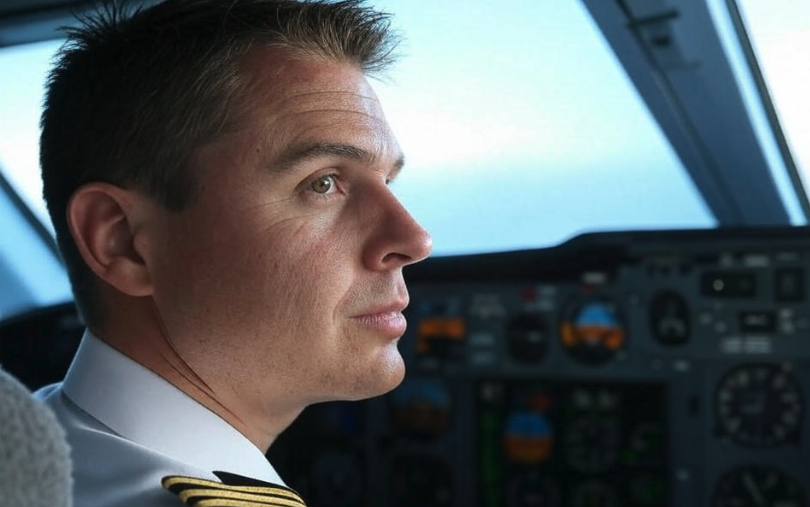
The Psychology Of Flight: How Simulators Aid Cognitive Training
Share
Flying is as much a mental challenge as it is a physical task. Pilots constantly juggle spatial awareness, decision-making, communication, and multitasking, all while under time pressure. Initially built for mechanical training, flight simulators have evolved into powerful cognitive tools that support psychological conditioning and mental resilience in both professional and recreational aviation.
Simulated flight offers a safe, repeatable environment where pilots can develop the mental agility needed for real-world scenarios. From managing stress to sharpening reaction time, the modern g1000 simulator from FlightSimBuilder goes beyond technical skills, fostering the cognitive framework that strong, confident pilots rely on.
How Flight Simulators Shape A Pilot’s Mental Performance
Cognitive training in a flight simulator extends well beyond memorizing procedures. These virtual environments challenge pilots to think, adapt, and manage complex tasks under conditions designed to push mental limits.
1. Enhancing Situational Awareness
Simulators help build the skill of perceiving, processing, and understanding what's happening in a constantly changing environment. Pilots must simultaneously interpret instrumentation, weather updates, traffic patterns, and internal systems. Repeated exposure in a simulator trains the brain to organize and prioritize this flow of information without becoming overwhelmed.
2. Decision-Making Under Pressure
Pilots often have seconds to make choices that impact safety. Simulators recreate high-stress situations such as engine failures, system malfunctions, or navigational issues. These scenarios help pilots learn to make quick, effective decisions under duress, reinforcing confidence and instinctive responses that could be lifesaving in real-world emergencies.
3. Cognitive Load Management
Modern cockpits are loaded with data, and managing that information efficiently is essential. Simulators expose pilots to increasing workloads to help them learn pacing, compartmentalization, and when to rely on automation. This training supports improved working memory, focus, and mental endurance during extended or complex flights.
4. Error Recognition And Recovery
Experienced pilots are known for their ability to identify a mistake early and correct it calmly. Simulators allow users to explore "what if" scenarios and understand the consequences of incorrect actions in a risk-free environment. This exposure helps build a mindset of proactive problem-solving and resilience after setbacks.
5. Confidence And Stress Management
Mental rehearsal through simulation increases comfort and familiarity with rare or challenging flight scenarios. Pilots who train in varied and unpredictable conditions develop greater emotional control and reduced anxiety. This psychological preparedness is key to handling surprises calmly and maintaining focus throughout a mission.
Build Stronger Pilots Through Mental Conditioning
Simulators don’t just teach someone how to fly—they teach someone how to think like a pilot. They push the mind to operate under pressure, anticipate issues, and recover from errors with clarity and purpose. The mental frameworks built during flight simulation often mirror those developed in high-stakes fields such as emergency medicine, military command, or competitive sports.
Cognitive training helps student pilots bridge the gap between textbook knowledge and cockpit execution. For seasoned aviators, it sharpens decision-making and situational awareness that may dull without regular challenges. In both cases, the psychological benefits of simulation training are as crucial as mastering maneuvers or navigation skills. By investing time in mental conditioning through simulators, pilots build a core of confidence, focus, and cognitive strength that sets them up for success in every phase of flight.
For more information on our home flight simulators, contact FlightSimBuilder today!
